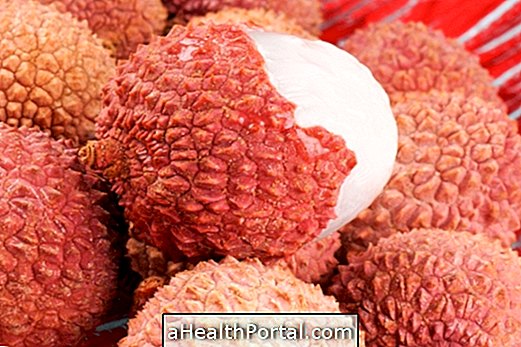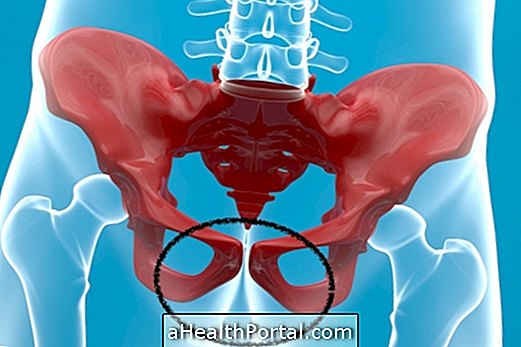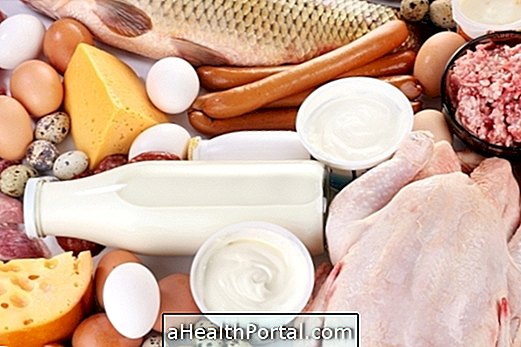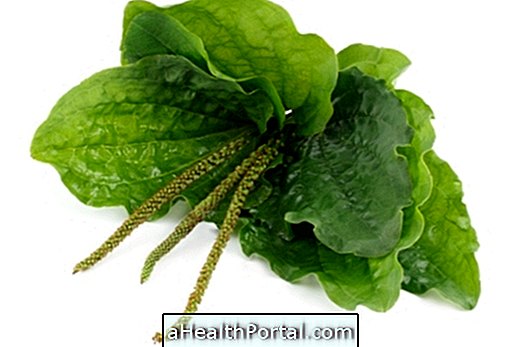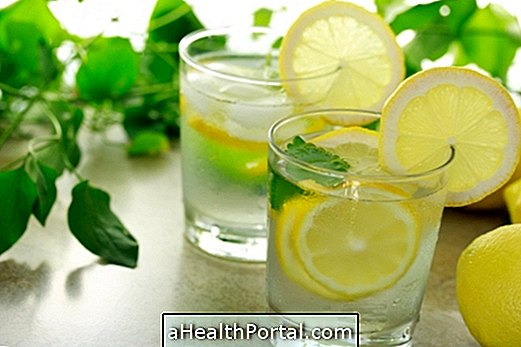Glutamine is an amino acid that can be found in muscles but can also be produced from other amino acids and can then be found throughout the body. This amino acid, among other functions, is responsible for promoting and maintaining hypertrophy, improving athlete performance and recovery after physical exercise.
After intense physical exercise glutamine levels usually decrease, and supplementation of this amino acid can then be recommended. Glutamine supplementation is usually done by bodybuilding athletes with the goal of maintaining muscles and preventing infections, especially during the competition period.
Glutamine can be found in dietary supplements in the form of a free amino acid, which is called L-glutamine, or in the form of a peptide, in which glutamine is bound to other amino acids, and the glutamine peptide is almost 70% more absorbed than to L-glutamine. In addition, this amino acid can be found in several foods, such as meats, fish and eggs. See which foods are high in glutamine.
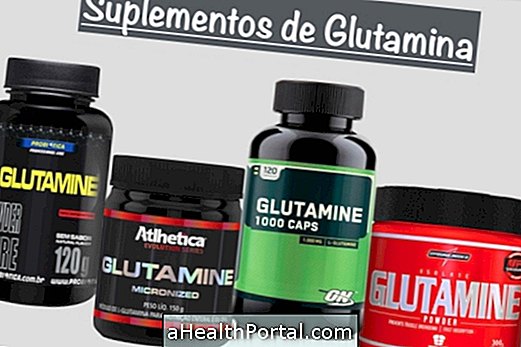
What is it for
In addition to promoting muscle growth, preventing lean mass loss, improving performance and performance in training and muscle recovery, glutamine has other benefits, such as:
- It improves the functioning of the intestine because it is a vital nutrient for its repair;
- It improves memory and concentration because it is an essential neurotransmitter in the brain;
- Helps treat diarrhea by balancing mucus production, which results in healthy bowel movements;
- Improves metabolism and cell detoxification;
- Limits sugar and alcohol cravings;
- Helps fight cancer;
- It improves the symptoms of diabetes;
- It balances the acid-base balance during states of acidosis;
- Promotes the body detoxification of nitrogen and ammonia;
- Helps in the synthesis of nucleotides, being a precursor nitrogen;
- It strengthens the immune system by regulating the immune response of IgA, which is an important antibody in the attack of viruses and bacteria.
The glutamine supplement is also recommended for people who are recovering from injury, burns, cancer treatment or surgeries as it helps to speed healing and prevent infections.

How to take glutamine
The recommended daily amount of L-glutamine or Glutamine Peptide is 10 to 15 g for athletes, divided into 2 or 3 doses, and 20 to 40 g for other situations that should always be evaluated by the doctor. Glutamine can be consumed before training along with a fruit or before bed.
Glutamine is available in capsules and sachets, such as Prozis's L-glutamine, Essential Nutrition or Probiotics, for example, which can be found in powder or capsule form and is sold in pharmacies and food supplement stores, priced around from R $ 40 to R $ 280, 00 depending on the quantity of capsules and the brand of the product.
Consumption of more than 40 g of glutamine per day can cause nausea and abdominal pain, and it is important to take a nutritionist's advice to check the need to use glutamine in capsules, for example. In addition, diabetic people should consult their physician to indicate the best way to consume this amino acid.
Glutamine fattening?
When taken in the recommended amounts per day and according to the advice of the nutritionist or physician, glutamine does not make the person fatten. However, due to the stimulation of the muscle mass gain, it can be perceived weight gain, which is due to the muscles.
However, when taken without indication or in an excessive and unruly manner, and without being accompanied by regular exercise, glutamine may favor the accumulation of fat in the body.
How to Increase Muscle Mass
To increase muscle mass you need to adopt healthy lifestyle habits. The practice of physical exercises on a regular basis is essential, and it is recommended that the exercises be performed intensively, preferably until reaching muscle failure and in a cadenced, or slow way to feel the entire movement of the muscle. Check out some tips for gaining muscle mass faster.
Associated with regular physical exercise, it is essential that dietary habits are also appropriate for the goal. Normally the diet for muscle gain is rich in proteins, such as meat, eggs and legumes, for example, being important to follow a nutritionist. See which are the 10 best foods to gain muscle mass.












